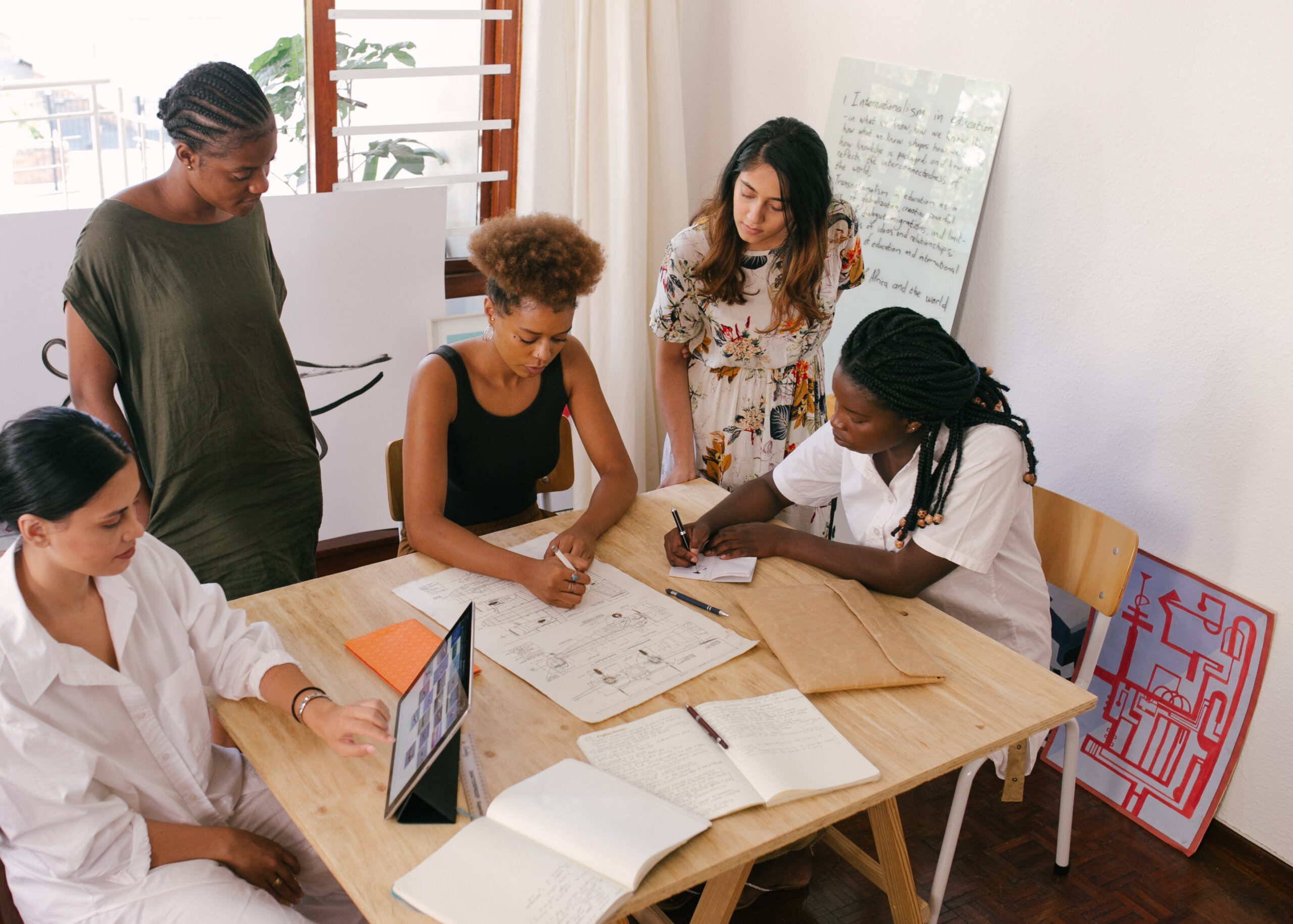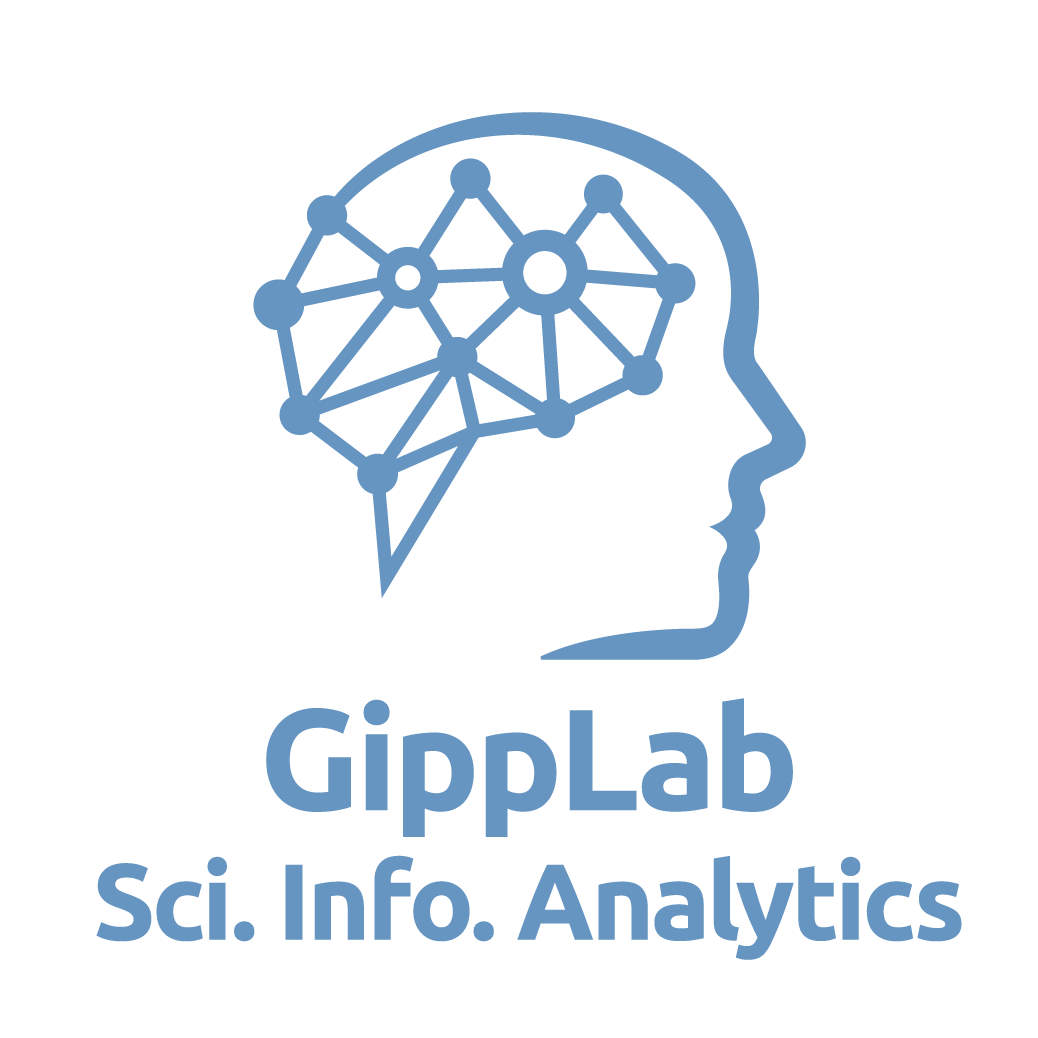Digital Humanities and Information Science
This seminar is taught in German.
The participants will explore current research trends and established approaches in the Digital Humanities and Information Science fields.

Course Content
The participants can choose to complete either the theoretical or the practical research project track as part of this seminar. Group work is possible for both project types.
Theoretical research project
Participants will pick a topic according to their interests, or from a pool of suggestions that will be provided. For their topic, the participants will give an overview of the state-of-the-art relevant to that topic in a presentation during the seminar (30 min) and a term paper (8 – 10 pages per person, ACM style) due at the end of the seminar.
Through this process, which the lecturers supervise and guide, the participants will train their ability to:
- Find, organize, and systematically read relevant research papers;
- Analyze, compare, and contrast research approaches and findings;
- Structure, write, and format an academic paper;
- Present their work using appropriate presentation techniques and presentation aids;
- Answer questions and discuss their work with peers.
Practical research project
Participants will implement a system that solves an applied real-world problem. Participants can suggest a problem or select from suggestions that will be provided. In addition to delivering a functioning application, completing this seminar requires giving a presentation (30 min) about the project and compiling a developer documentation for the application (min 3 pages ACM style per person).
By completing the practical research track, participants will gain hands-experience with state-of-the-art methods and technologies and train their application development skills.
The course provides a good foundation for a bachelor’s or master’s thesis in our group. Check this page for our current theses proposals.
Learning Objectives
After successfully completing the course, students should be able to:
- Investigate a specific topic in the Digital Humanities or Information Science in depth;
- Identify research trends and existing solutions in the area to be investigated;
- Explain, compare, and discuss these solutions;
- Develop ideas to improve the current state of the art;
- Work independently in a pre-defined context;
- Gather, organize, read, analyze, and discuss scientific research papers;
- Write an academic paper;
- Give an academic presentation about their topic.
Requirements
- When choosing a software development project, solid knowledge of an object-oriented programming language is recommended. The specific programming language depends on the project; Python, Java, R, or XML technologies are particularly relevant.
Exam
- For the theoretical research project:
- Presentation (30 min)
- Term paper (8-10 pages per person, ACM style)
- For the practical research project:
- Developed application
- Presentation (30 min)
- Developer documentation (min 3 pages per person, ACM style)
Schedule
| Type | Day | Time | Periodicity | Room | Dates |
|---|---|---|---|---|---|
| seminar | Tue | 10:15 – 11:45 | weekly | HG 1.207 | every semester |


